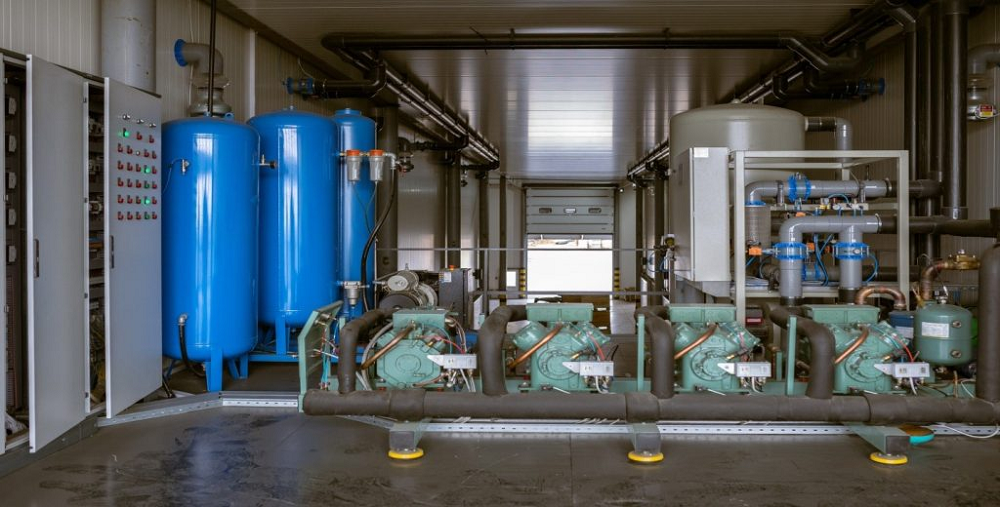Nitrogen compressor play a crucial role in various industries, providing compressed nitrogen for a range of applications including inert gas blanketing, pneumatic tools, and gas flushing. The design of nitrogen compressors directly influences system performance and reliability. This concept case study explores how different design aspects of nitrogen compressors can impact overall system efficiency, reliability, and operational effectiveness.
Key Design Considerations and Impacts
2.1 Efficiency Optimization
Design Aspect: Efficient compression mechanisms, optimal motor sizing, and reduced internal losses.
Impact: Improved energy efficiency, lower operational costs, and minimal environmental footprint.
2.2 Capacity and Throughput Enhancement
Design Aspect: Scalable design for handling varying nitrogen volumes and pressure requirements.
Impact: Increased production rates, enhanced system scalability, and improved operational flexibility.
2.3 Pressure Control Precision
Design Aspect: Accurate pressure regulation and control systems integration.
Impact: Maintaining desired nitrogen pressure ranges, ensuring process stability, and enhancing system performance.
2.4 Reliability and Maintenance Optimization
Design Aspect: Robust construction, predictive maintenance features, and reduced wear components.
Impact: Higher system reliability, reduced downtime, extended operational life, and lower maintenance costs.
2.5 Environmental Sustainability
Design Aspect: Energy-efficient components, minimized leakage, and eco-friendly materials.
Impact: Reduced energy consumption, lower carbon footprint, and compliance with environmental regulations.
2.6 Safety Features Integration
Design Aspect: Safety mechanisms such as leak prevention, thermal protection, and pressure relief valves.
Impact: Mitigating risks, ensuring operator safety, and preventing system failures in critical conditions.
Hypothetical Scenario
In a manufacturing plant that requires nitrogen for inert gas blanketing of sensitive materials, a new nitrogen compressor with advanced design features is implemented. The compressor’s design includes energy-efficient motors, precise pressure control systems, and smart monitoring capabilities. This upgrade aims to enhance system performance, reduce nitrogen waste, and improve operational reliability.
Expected Outcomes
- Improved Efficiency: Higher energy efficiency resulting in reduced operating costs.
- Enhanced Reliability: Decreased downtime and increased system uptime.
- Optimized Performance: Consistent nitrogen pressure control for improved process stability.
- Sustainable Operations: Lower environmental impact and compliance with sustainability goals.
Bottom Line
The design of nitrogen compressors plays a critical role in determining system performance, reliability, and efficiency. By incorporating advanced design features tailored to specific operational requirements, organizations can optimize nitrogen compression processes, enhance overall system reliability, and contribute to sustainable and effective nitrogen utilization.
This concept case study provides a hypothetical scenario to illustrate the impact of nitrogen compressors design on system performance and reliability, highlighting the importance of thoughtful design considerations for efficient and reliable nitrogen compression systems.





